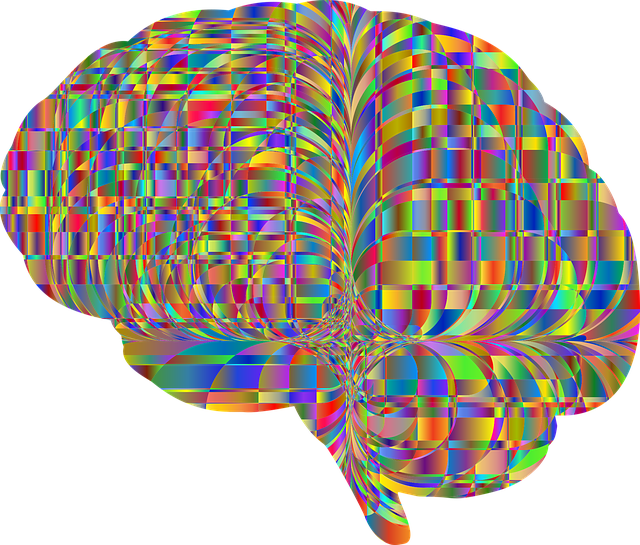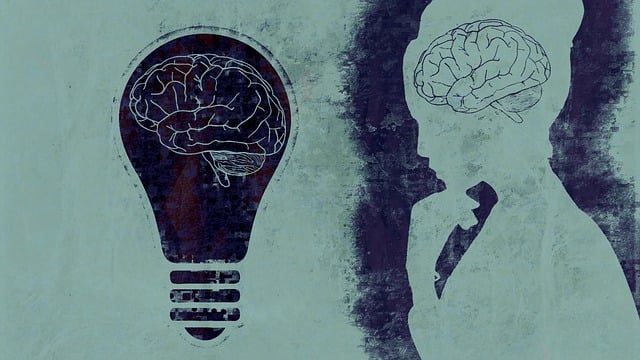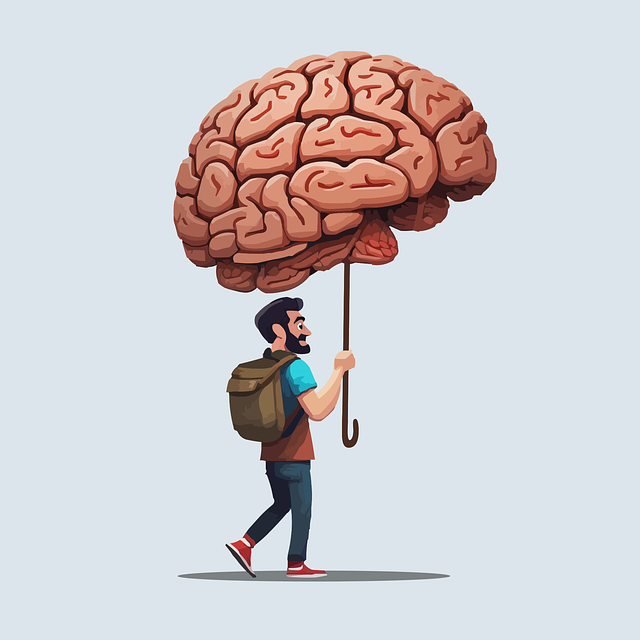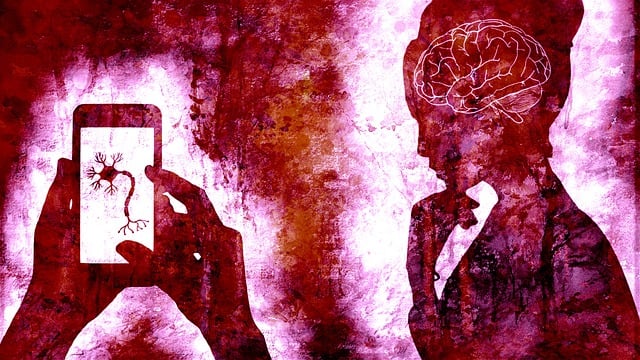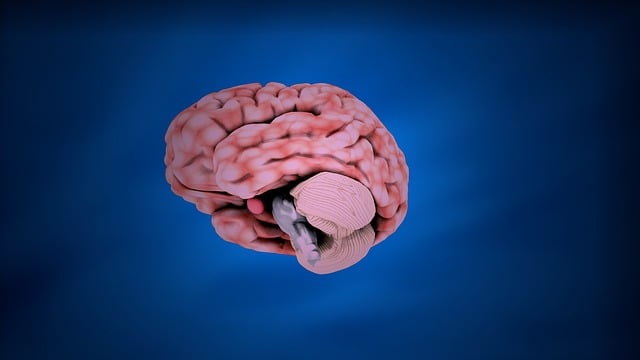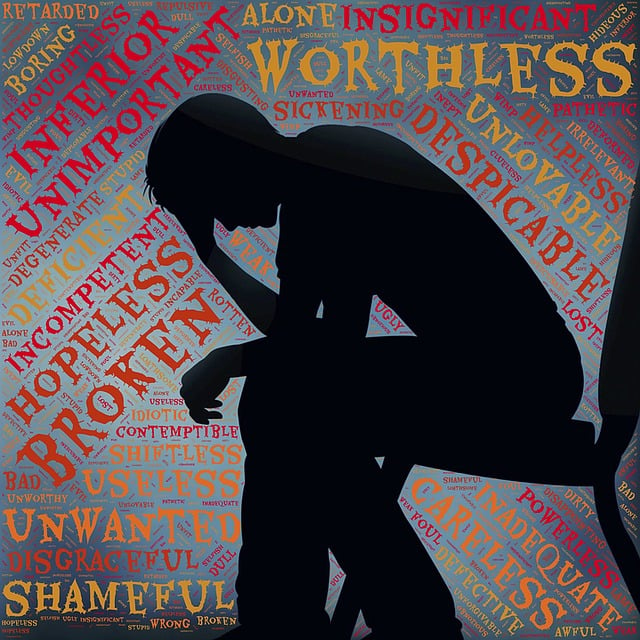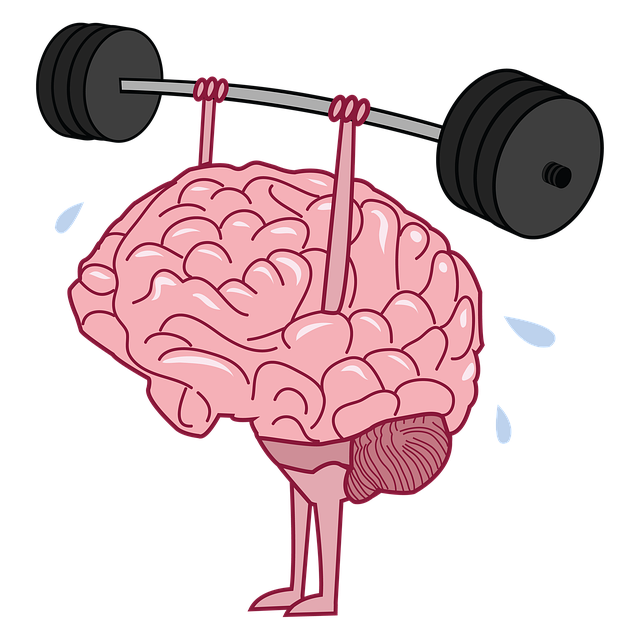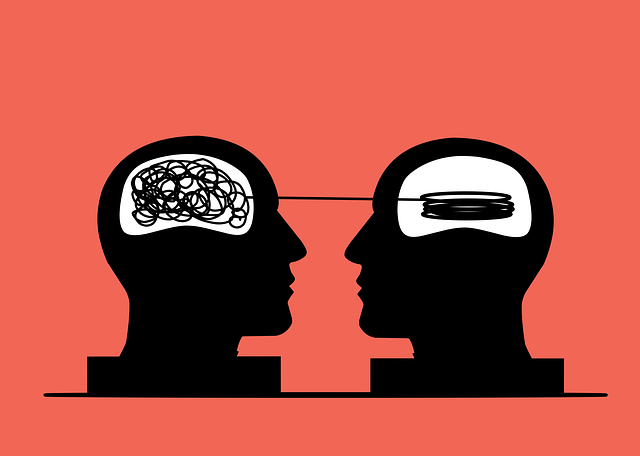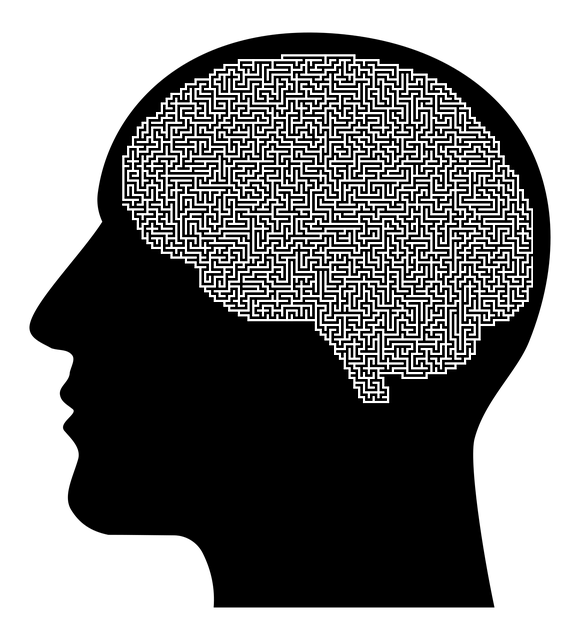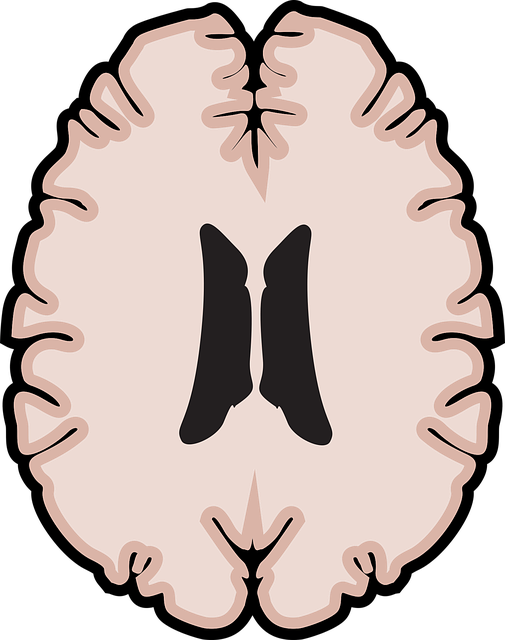Stress significantly impacts mental health, leading to conditions like anxiety disorders and depression. Modern stress management techniques offer a holistic approach, integrating mindfulness meditation, yoga, cognitive behavioral therapy (CBT), and personalized coping mechanisms. CBT, as an evidence-based Superior Depression Therapy, targets negative thought patterns for improved emotional control. Mindfulness practices, now widely recognized by mental health professionals, promote non-judgmental awareness for self-care and emotional understanding. Healthy lifestyle changes, including regular exercise, adequate sleep, balanced nutrition, and relaxation time, enhance stress resilience and overall mental wellness, with journaling as a valuable tool for processing emotions and developing healthier coping mechanisms.
Stress management techniques are essential tools for maintaining mental health. This comprehensive guide explores both traditional and modern approaches, including Cognitive Behavioral Therapy (CBT), mindfulness, and lifestyle changes. Discover how these strategies can significantly reduce stress levels and enhance resilience. In today’s fast-paced world, finding effective superior depression therapy methods is crucial, making this article a valuable resource for anyone seeking to regain control over their mental well-being.
- Understanding Stress and Its Impact on Mental Health
- Traditional vs Modern Stress Management Techniques
- Cognitive Behavioral Therapy (CBT): A Powerful Tool for Stress Relief
- Mindfulness and Meditation: Finding Calm in a Chaotic World
- Lifestyle Changes for Enhanced Stress Resilience
Understanding Stress and Its Impact on Mental Health

Stress is an inevitable part of life, but understanding its effects on mental health is crucial for implementing effective stress management techniques. Chronic or prolonged stress can lead to a range of mental health issues, including anxiety disorders, depression, and even more severe conditions. It influences our cognitive abilities, emotional resilience, and overall well-being. The impact of stress can be profound, causing individuals to feel overwhelmed, leading to poor decision-making and strained relationships.
Mental Health Awareness is essential in recognizing these effects and promoting healthy coping strategies. One powerful tool that has gained prominence as a Superior Depression Therapy is Mental Wellness Journaling. This simple yet effective practice involves recording thoughts, emotions, and experiences in a journal to gain clarity and perspective. By engaging in regular journaling exercises, individuals can enhance their self-awareness, boost confidence (a key aspect of overall mental wellness), and develop personal growth strategies to navigate stressful situations more effectively.
Traditional vs Modern Stress Management Techniques

In the realm of stress management, techniques have evolved from traditional to modern approaches, reflecting changes in societal needs and scientific understanding. Traditional methods often relied on pharmacology or psychotherapy as primary tools for superior depression therapy. While effective, these strategies tend to address symptoms rather than fostering long-term coping skills development. Modern stress management techniques take a holistic approach, integrating practices like mindfulness meditation, yoga, and conflict resolution techniques. These methods not only help individuals manage immediate stress but also enhance their ability to cultivate positive thinking in challenging situations.
Unlike the one-size-fits-all traditional approach, modern strategies cater to individual preferences and lifestyles. For instance, while some may benefit from structured therapy sessions, others might find solace in creative outlets like art or music as coping mechanisms. This personalized touch ensures that stress management becomes an integral part of daily life, empowering individuals to navigate various stressors with resilience. Moreover, incorporating conflict resolution techniques into these modern practices enables people to address interpersonal issues that significantly contribute to stress, thereby creating a more balanced and supportive environment for mental well-being.
Cognitive Behavioral Therapy (CBT): A Powerful Tool for Stress Relief

Cognitive Behavioral Therapy (CBT) is a highly effective tool in managing and reducing stress, making it a superior depression therapy as well. This evidence-based approach focuses on identifying and changing negative thought patterns and behaviors that contribute to stress and anxiety. By challenging these unhelpful thoughts and replacing them with more realistic and positive ones, CBT empowers individuals to develop resilience building skills. Through this process, people can gain better control over their emotions and reactions, leading to improved mental wellness.
Furthermore, CBT encourages the development of a healthy self-care routine for better mental health. It teaches practical strategies to manage stress in daily life, such as relaxation techniques, problem-solving skills, and effective time management. By learning these valuable tools, individuals can enhance their ability to cope with challenging situations, fostering a sense of calm and well-being.
Mindfulness and Meditation: Finding Calm in a Chaotic World

In today’s fast-paced and often stressful world, mindfulness and meditation have emerged as powerful tools for navigating life’s challenges. These ancient practices, once considered niche, are now recognized as superior depression therapy by mental health professionals worldwide. By focusing on the present moment and cultivating a non-judgmental awareness of one’s thoughts and sensations, individuals can find calm amidst the chaos. Mindfulness encourages self-care practices, helping people to develop a deeper understanding and acceptance of their emotions, ultimately leading to improved mental wellness.
Cultural sensitivity in mental healthcare practice plays a significant role in making these techniques accessible and effective for diverse populations. The integration of mindfulness into various therapeutic modalities has been enhanced through the production of mental wellness podcast series, offering practical insights and guided meditations for those seeking stress management solutions. These resources cater to a wide range of individuals, ensuring that everyone can access the benefits of mindfulness, regardless of their background or cultural heritage.
Lifestyle Changes for Enhanced Stress Resilience

Adopting lifestyle changes is a powerful strategy to enhance stress resilience and overall mental wellness. This involves integrating self-care practices into daily routines, such as regular exercise, adequate sleep, and balanced nutrition. Physical activity, in particular, has been recognized as an effective superior depression therapy, releasing endorphins that boost mood and reduce stress hormones. Additionally, dedicated time for relaxation and mindfulness can significantly lower anxiety levels.
Journaling is a valuable mental wellness journal exercise guidance to help individuals process their emotions and gain perspective. By jotting down thoughts and experiences, one can identify stress triggers and develop healthier coping mechanisms. This practice encourages self-reflection and promotes personal growth, fostering a sense of control over one’s mental health. Incorporating these lifestyle changes can lead to a more resilient mindset and improved ability to navigate life’s challenges.
In conclusion, stress management techniques are essential tools for improving mental health and overall well-being. By understanding the impact of stress and exploring both traditional and modern approaches like Cognitive Behavioral Therapy (CBT) and mindfulness practices, individuals can discover effective strategies to navigate life’s challenges. Lifestyle changes play a pivotal role in enhancing resilience, making it possible to lead happier, more balanced lives. Remember that, when it comes to superior depression therapy, these techniques offer a holistic path to recovery and emotional equilibrium.
